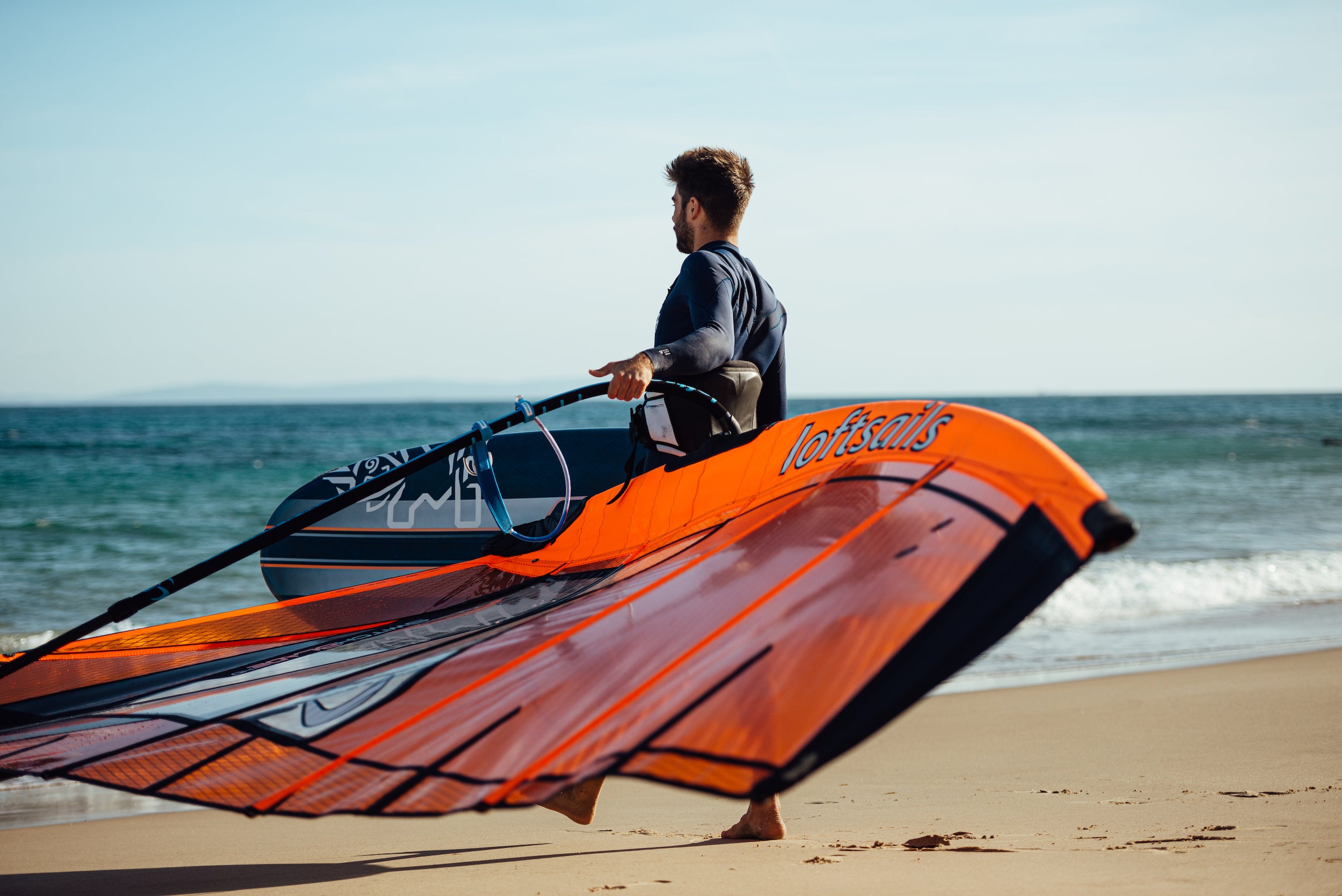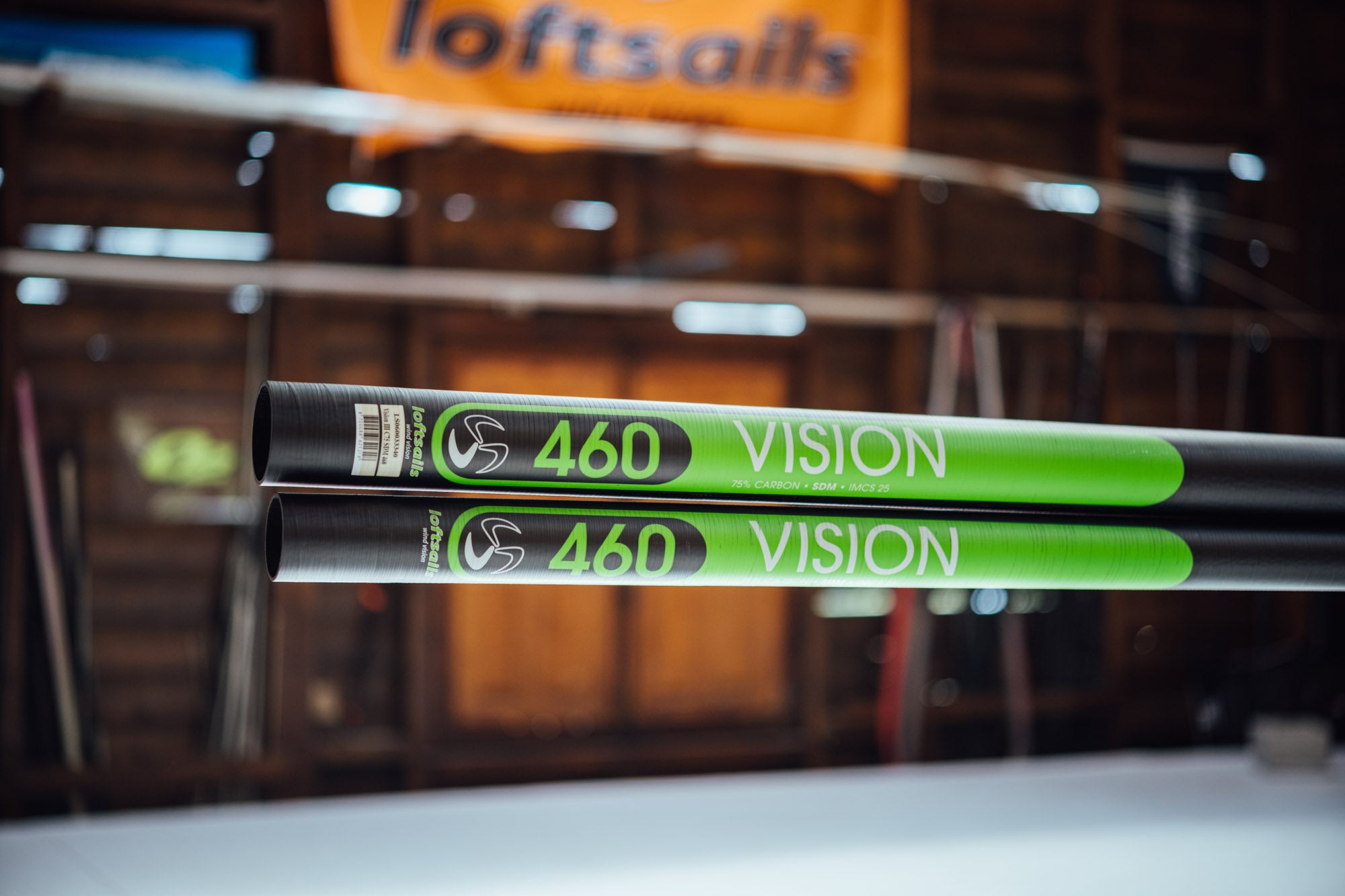
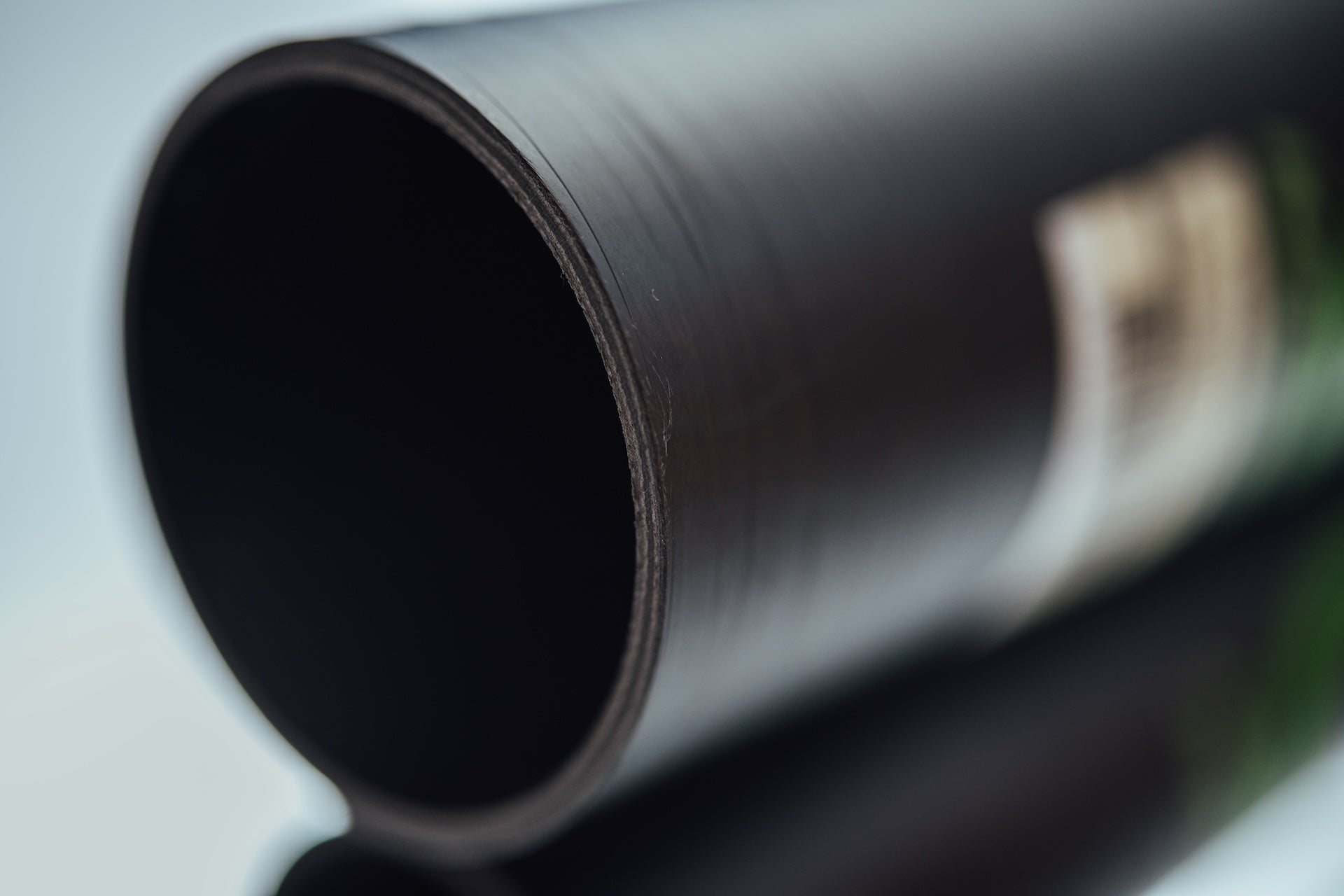
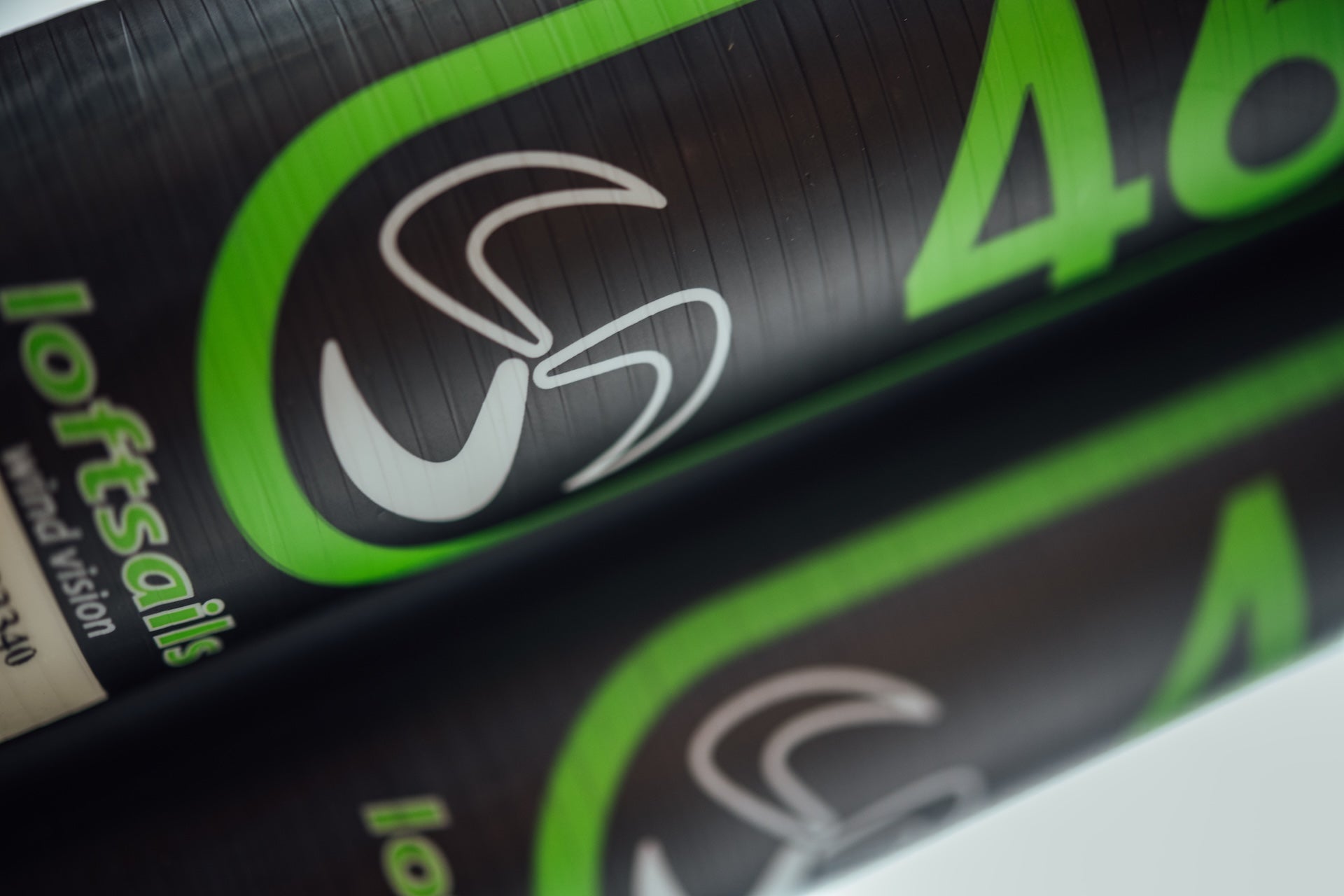
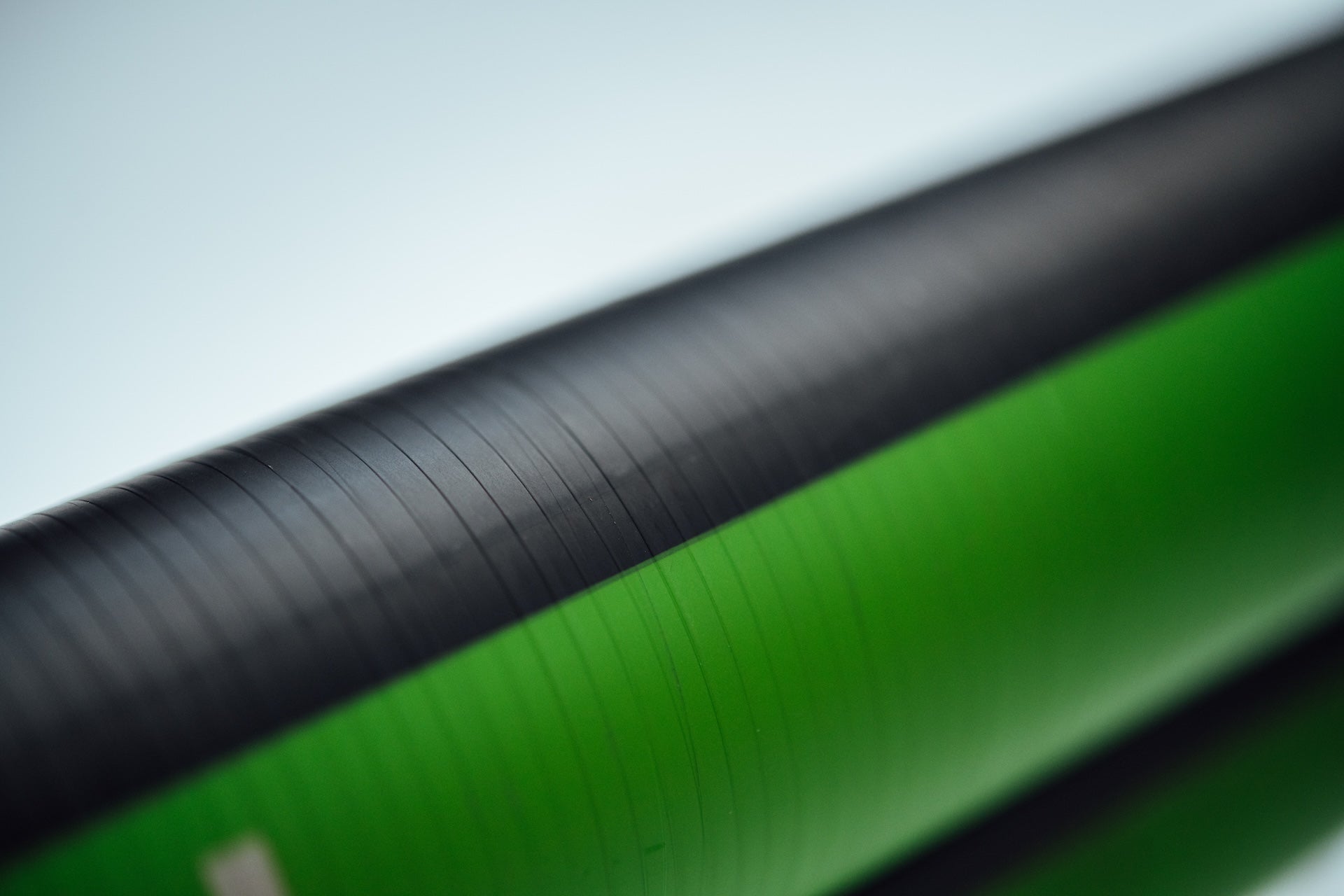
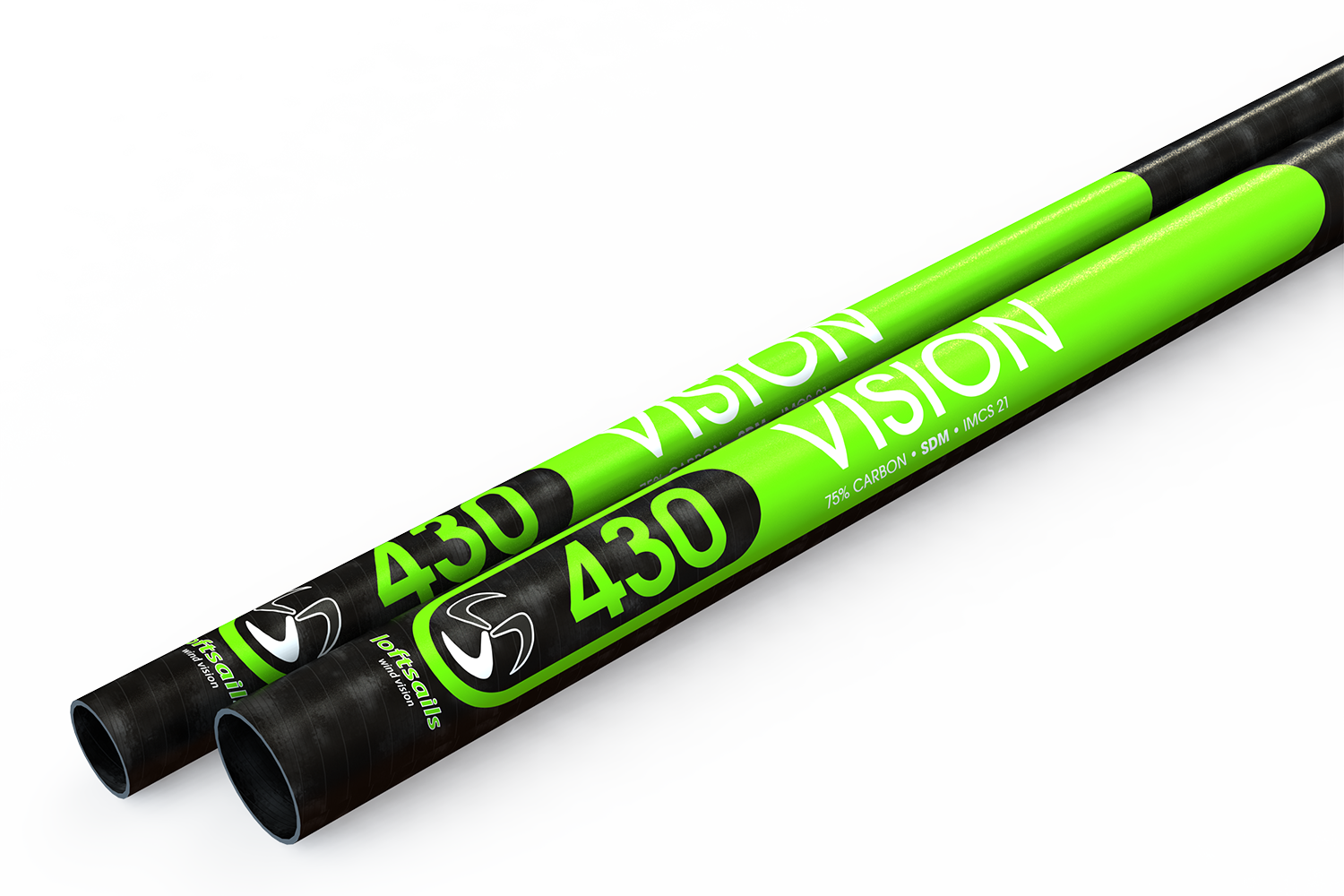
Vision III C75 SDM 460 With Mastbag
Whether you are a recreational freerider, competing against your peers, or frequent local wave break, the Loftsails Vision 75% carbon mast range delivers exceptional response and reaction to your rig.
These masts are constructed using durable pre-preg materials, providing the necessary toughness and strength to withstand camber wear and the demands of wave sailing.
Loftsails employs reliable and precise manufacturing methods to ensure consistent quality throughout the production process. This reduces production variance tolerance significantly, guaranteeing that the masts deliver the intended behavior consistently.






Vision III C75 SDM 460 With Mastbag
| Size | Operating Weight ( kg) | Carbon Fiber | Base % | Top % | Finishing | Stiffness IMCS |
|---|---|---|---|---|---|---|
| 400 cm | 1.7 | T700 & T800 | 64 | 76 | Standard Matte | 19 |
| 430 cm | 1.9 | T700 & T800 | 64 | 76 | Standard Matte | 21 |
| 460 cm | 2.1 | T700 & T800 | 64 | 76 | Standard Matte | 25 |
| 490 cm | 2.25 | T700 & T800 | 64 | 76 | Standard Matte | 29 |
| 520 cm | 2.5 | T700 & T800 | 64 | 76 | Standard Matte | 33 |
What are the key differences between RDM and SDM compatibility in Loftsails, especially for cambered sails?
RDM Masts
These have a smaller diameter with thicker walls, resulting in a softer, more elastic, and forgiving feel on the water. They are known for being very durable and resistant to snapping, making them ideal for wave sailing and rough conditions where the mast needs to flex considerably. For cambered sails, RDM masts facilitate easier and smoother rotation of the cams, which is beneficial for maneuvers like tacks and gybes. They are generally recommended for smaller sails, lighter riders, and those who prefer a more forgiving rig. Historically, Loftsails was one of the first brands to achieve World Cup and speed tour wins with RDM-compatible race sails when SDM was the norm for racing.
SDM Masts
These have a larger diameter with thinner walls, providing a crisper, more rigid, and direct feel. They maintain more profile definition in the sail when downhauled and are often preferred by bigger, more aggressive riders using larger sail sizes in flat water conditions, as they can handle more direct body weight pressure. While they might be perceived as less forgiving, they offer a powerful and direct connection to the rig, which some competitive sailors prefer for outright speed.

